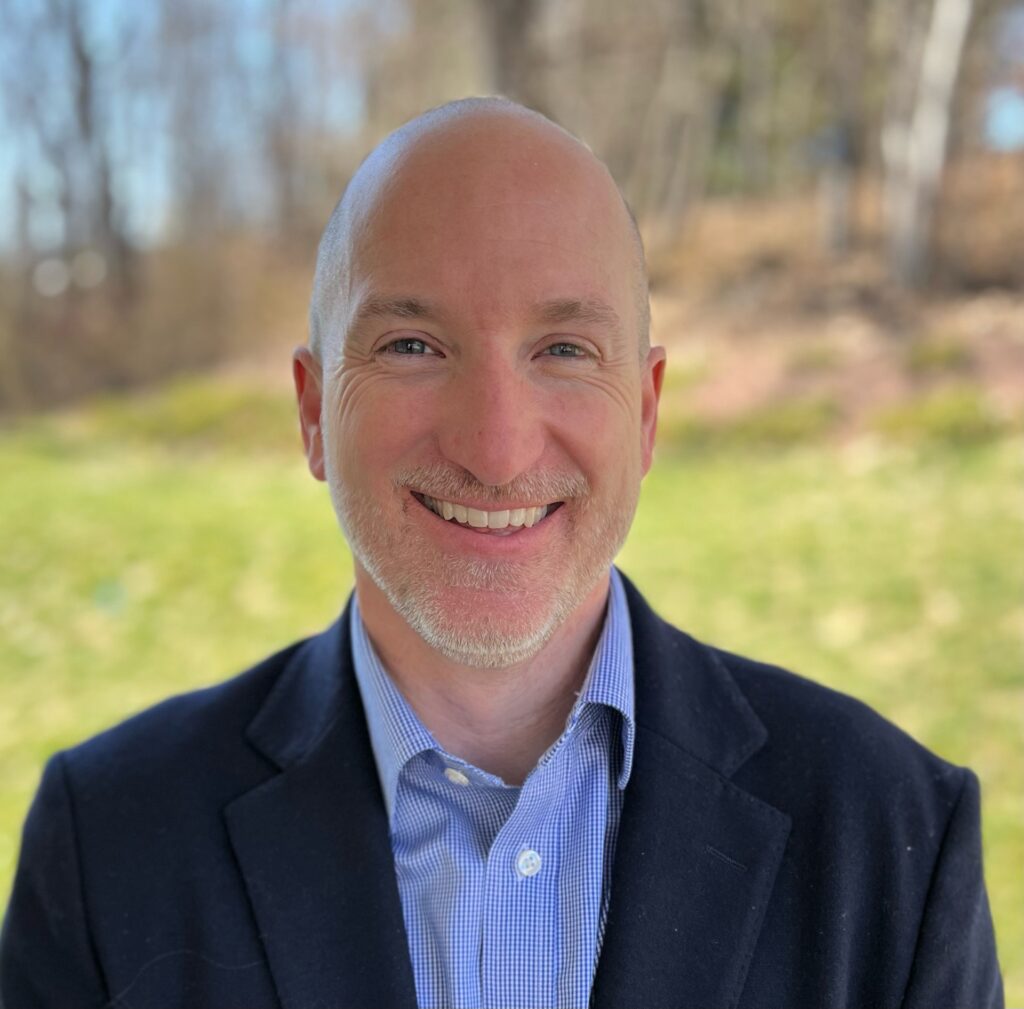
Fear Not Parenting: Fear Not Disability—
I can still remember the question the nurse asked my wife and me in the hospital room not long after our son was born: “Are you familiar with Trisomy 21?” We were not familiar with this term until she explained it was the more technical term for Down Syndrome. This was the first time we heard that our son was going to be different than we had imagined, and the life we had envisioned would be taking a significant detour.
Disorientation
The disorientation of having a child with a disability can be all-encompassing. For my wife and me, we struggled early on to navigate this new world of doctor appointments, surgeries, therapies, delayed development, additional diagnoses, and social stigmas. Thankfully, we did not have to walk this road alone. In addition to our family, we had— and still have—a wonderfully supportive and encouraging church family. By God’s grace, we are part of a church that has a history of ministering to families affected by disability. As a pastor, I have always appreciated this aspect of our church’s ministry. As a father of a child with a disability, I am profoundly grateful for the men, women, youth, and children who invest in my son and care for us as a family so well.
It’s Worth It
For churches that are considering how to care for individuals and families affected by disability, it can be intimidating to know where to begin, but I can tell you this much: it’s worth it. It’s certainly worth it for those who will benefit from it, but it’s also worth it for the church that chooses to engage in caring for those individuals whose physical, cognitive, and social capabilities are different from those who are typically developing.
For those with disabilities, the church has an opportunity to demonstrate that they belong and to reinforce the truth that they have dignity and value. For the caregivers, the church has an opportunity to be a support system, to provide encouragement, and to remind them they are not alone. These are incredibly meaningful ministries to these families and individuals since some of the common experiences within the world of disabilities are feelings of isolation, exhaustion, and discouragement. A little goes a long way when it comes to caring for those in the disability community.
Ask Questions
So, where should a church begin? Begin by asking questions and feel the freedom to front load the discussion with the truth that you might not be able to do everything that is desired. But even asking the questions demonstrates a level of care and concern often lacking in the general culture. If you have individuals with disabilities in your church, ask them how the church can help support them in their growth in godliness and in their sense of belonging. Ask the caregivers what would truly be helpful to alleviate some of the stress and difficulties that they encounter. Most churches cannot provide the specialized services which many with disabilities require, but churches can offer faithful presence. The church can offer friendship, love, and compassion. The church can offer what even the best doctors, therapists, and IEPs can’t—the hope of the gospel of Jesus Christ for all who believe, regardless of ability.
One Body
Engaging in disabilities ministry is one of the ways the church lives out the biblical reality of being one body: “For as in one body we have many members, and the members do not all have the same function, so we, though many, are one body in Christ, and individually members one of another” (Romans 12:4-5).
I know for the many children, youth, and adults with varying degrees of disabilities in our church, they know the church loves them and is a place to belong. As pastors, we often say that everyone has gifts to use and serve in the body, and these individuals are no exception. Some of our best greeters, most faithful attendees, and most demonstrative worshipers are those whose disabilities free them from the hindrances that many typically developing individuals struggle with. Our church is stronger and a more faithful witness to the beauty of the Body of Christ because they are with us.
Fear Not
It’s easy for me to write about this because it’s the world I live in. I understand how, for many, this can be an intimidating and daunting proposition. I want to encourage you that if God brings someone into your sphere of influence to care for, He will equip you with the necessary people and tools to faithfully respond. You may not be able to do everything, but much like the friends of the paralytic in Luke 5, you can bring them to Jesus. You can be their advocate and their friend as you demonstrate the humble simplicity of faithful gospel ministry to those created in the image of God.

Tim Frost has been on staff at Covenant Presbyterian Church in Harrisonburg, VA since 2007, first as the Youth Pastor and now as the Executive Pastor. He is a graduate of Covenant Theological Seminary and a current PhD student at Trinity Evangelical Divinity School. He and his wife, Jonelle, have been married for fifteen years and have two children.
